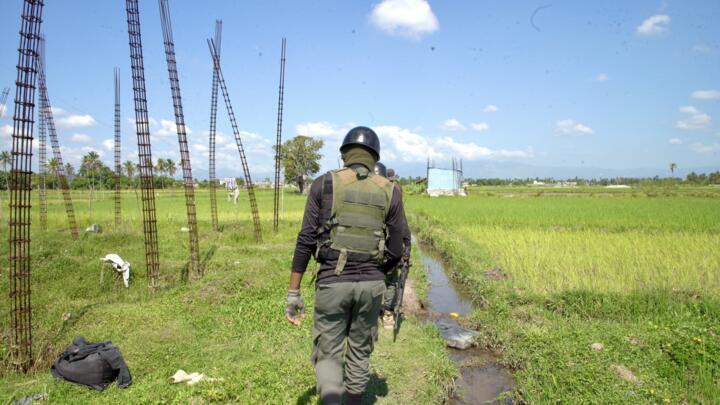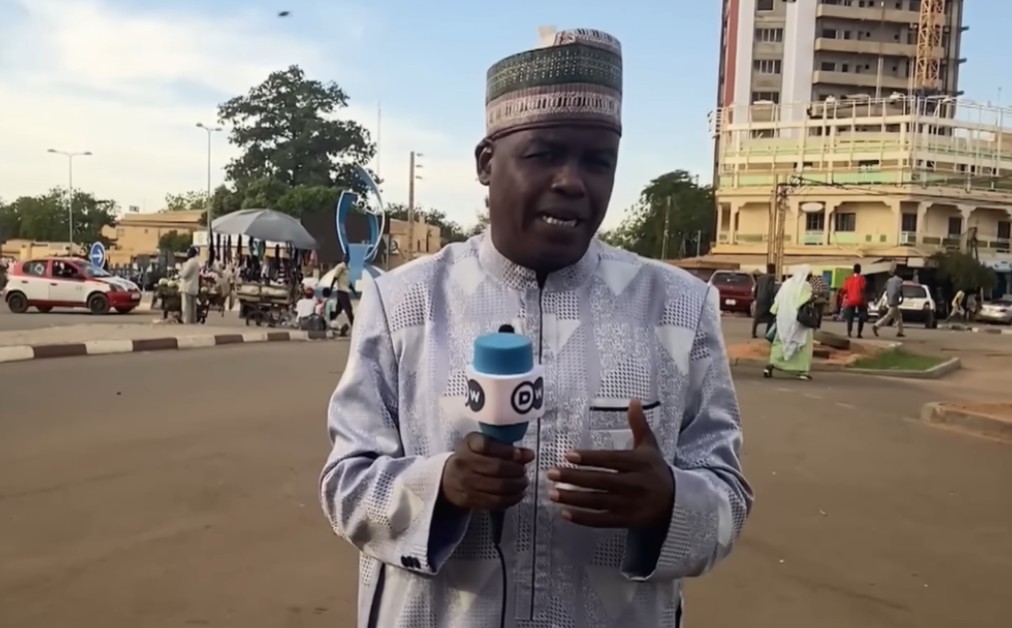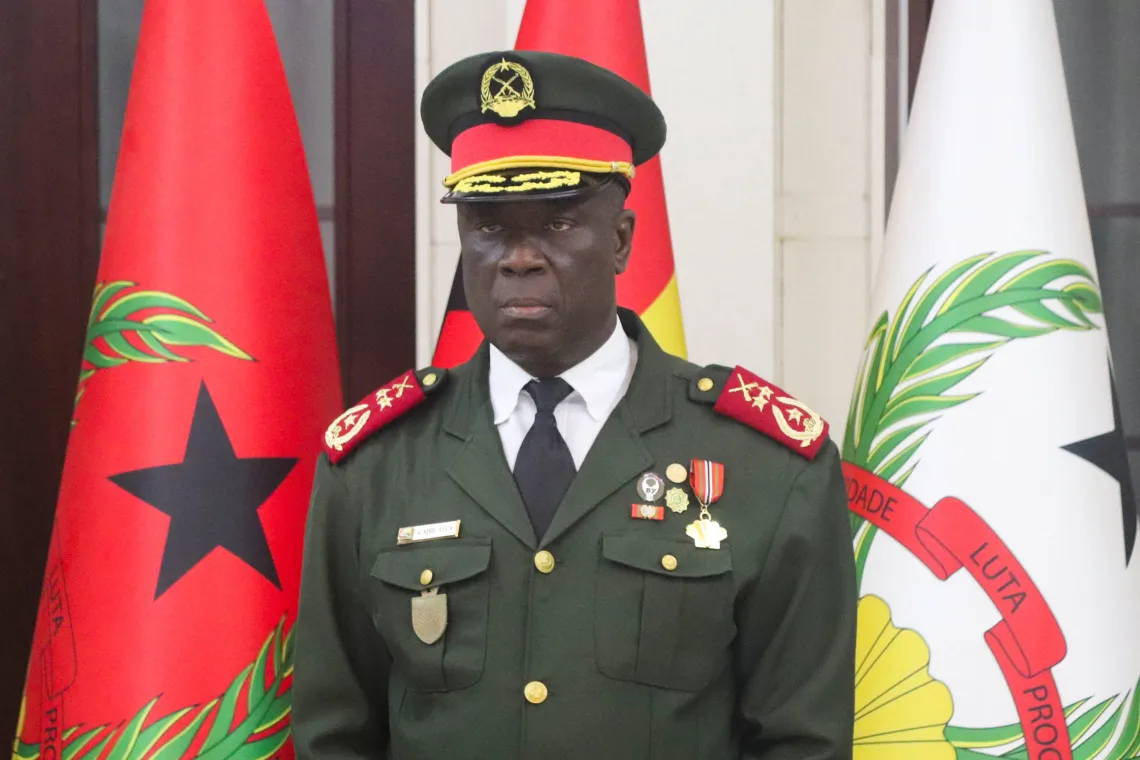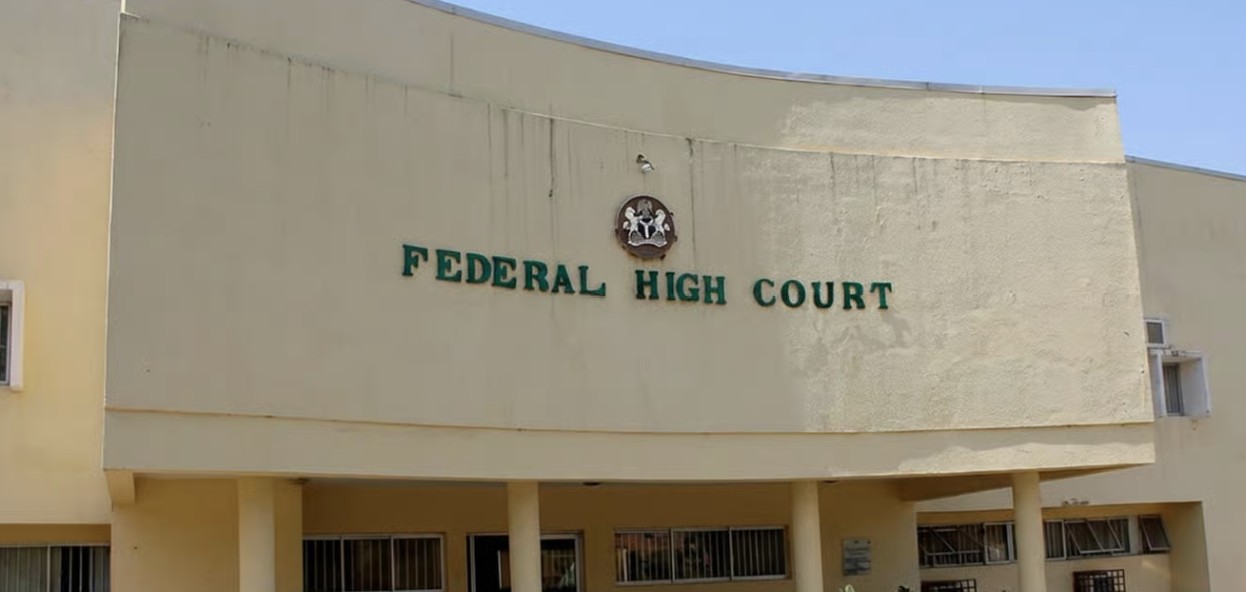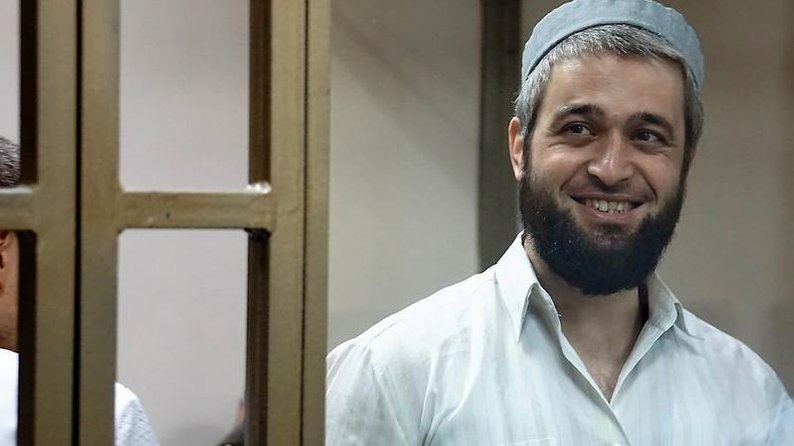
Imprisoned Crimean Tatar Citizen Journalist Seyran Saliyev Held in Solitary Confinement
July 3, 2025
Silenced Voices: Meta’s Ban and BBC’s Gaza Coverage Stir Global Media Backlash
July 4, 2025July 04, 2025 – Haiti –
In October 2022, Haitian journalist Gary Tesse was murdered in the southern city of Les Cayes after a series of investigations that exposed rampant corruption tied to powerful local figures. At the heart of his reporting was Ronald Richemond, a prominent prosecutor who Tesse alleged was shielding criminal networks and benefiting from systemic graft. Two years later, no one has been held accountable for the killing, and Richmond remains in office, untouched, unchallenged, and, critics say, above the law.
Tesse’s death is now the focus of a transnational investigation by Forbidden Stories, a Paris-based network that continues the work of journalists who have been killed or silenced. Their project unearths new evidence that connects Richmond to a series of violent incidents and illegal dealings, yet despite these findings, Haitian authorities have failed to open a serious inquiry. Local media outlets that once echoed Tesse’s allegations have gone quiet, reportedly out of fear.
This silence is not accidental. Forbidden Stories found that Richmond has built influence through a network of patronage and fear, operating in a justice system riddled with corruption and unable to function independently. Haiti’s spiraling political crisis and gang violence have only made matters worse, pushing anti-corruption journalism into an increasingly dangerous space. Journalists like Tesse—who take on the powerful—are often left unprotected, even after repeated threats.
Tesse had already survived one assassination attempt and had spoken publicly about the dangers he faced. Yet no security was provided. His murder is one of several unsolved killings of journalists in Haiti in recent years, each reinforcing a message of fear and futility. Forbidden Stories’ investigation, conducted with over a dozen international media partners, not only preserves Tesse’s legacy but also exposes the layers of impunity that allowed his murder to go unpunished.
In a nation where speaking truth to power can cost a journalist their life, Tesse’s case stands as both a tragedy and a warning: without justice and protection for the press, corruption will thrive in silence.
Reference –

